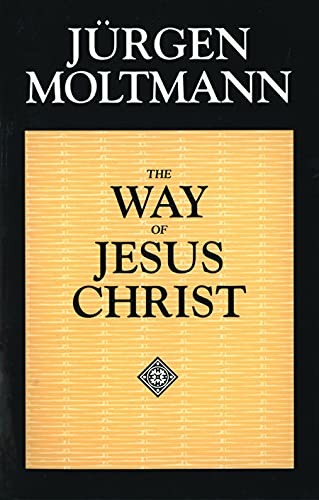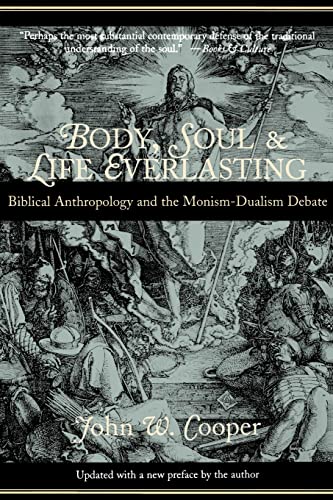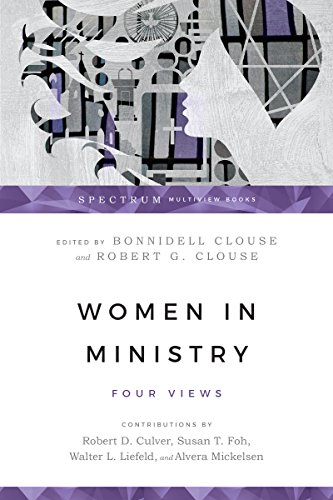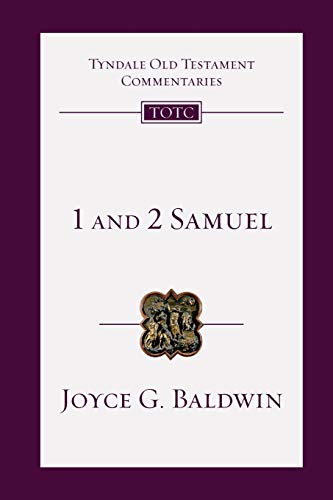Volume 17 - Issue 2
‘I never knew such a God existed’
By Christopher J.H. WrightThere was an excited sparkle in his eyes as he came up to me at the end of the session. ‘I was so thrilled when you said you were going to be preaching from the Old Testament,’ he said, ‘because I became a Christian through reading the Old Testament.’ That is something you don’t hear every day, so I was eager to hear more. He was one of the participants at a regional conference for Christians in secular professions in eastern India where I was giving a series of talks on the subject of biblical guidelines for Christian involvement in the secular world in September 1991. He is now a doctor of science and a university lecturer in chemistry, but his earlier life was an unlikely starting point for such a position.
He grew up in one of the many backward and oppressed groups in India, part of a community that is systematically exploited and treated with contempt, injustice and sometimes violence. The effect on his youth was to fill him with a burning desire to rise above that station in order to be able to turn the tables on those who oppressed him and his community. He threw himself into his education, and went to college committed to revolutionary ideals and Marxism. His goal was to achieve the qualifications needed to gain some kind of power and thus the means to do something in the name of justice and revenge. He was contacted in his early days at college by some Christian students and given a Bible, which he decided to read out of casual interest, though he had no respect at first for Christians at all.
It happened that the first thing he read in the Bible was the story of Naboth, Ahab and Jezebel in 1 Kings 21. He was astonished to find that it was all about greed for land, abuse of power, corruption of the courts, and violence against the poor—things that he himself was all too familiar with. But even more amazing was the fact that God took Naboth’s side and not only accused Ahab and Jezebel of their wrongdoing but also took vengeance upon them. Here was a God of real justice. A God who identified the real villains and who took real action against them. ‘I never knew such a God existed!’ he exclaimed. He read on through the rest of OT history and found his first impression confirmed. This God constantly took the side of the oppressed and took direct action against their enemies. Here was a God he could respect, a God he felt attracted to, even though he didn’t know him yet, because such a God would understand his own thirst for justice.
He then went on, he told me, to read the books of the law, and his amazement grew. ‘God!’ he cried out, even though he didn’t know who he was talking to, ‘You’re so perfect! You think of everything!’ He was impressed with the tremendous attention to detail of OT law. It was all so practical, covering every aspect of everyday life in the kind of society which was not unlike the patterns of village and small town India still. Here was a God who understood ana cared about the lives, relationships and working conditions of ordinary people, made laws about their safety, protected the poor and vulnerable, restricted the power of slaveowners and creditors and demanded courts free of bribery and corruption. A relevant God indeed! And then there was his holiness. This was a serious God who meant what he said and expected people to act accordingly. He was not capricious or arbitrary like the gods of mythology, but a God of absolute purity, a God to be careful with. All this discovery was staggering to him as he read on and on. He found himself praising this God he didn’t know. ‘God, you’re so just, you’re so perfect, you’re so holy!’ he would exclaim, believing this was the kind of God that answered the need of his own angry struggle.
Then he came upon Isaiah 43:1, and came to an abrupt halt. ‘But now, says the Lord.…’ It’s a beautiful word in Telugu, apparently. It means, ‘yet, in spite of all that’. The end of Isaiah 42 describes Israel’s sin and God’s just punishment. But suddenly, unexpectedly, God is talking about forgiveness and pardon and love. ‘I couldn’t take that,’ he said. ‘I was attracted to the God of justice and holiness. I ran away from a God of love.’ But he couldn’t. For as he read on he found such a God more and more—still in the OT! It was about then that the Christian friends came and explained more about the fulness of God’s justice and love on the cross, and he came at last to understand and surrender to the God he had found in the OT and his life was transformed through faith in Christ.
It was a testimony to warm the heart of any OT teacher, vivid confirmation of Paul’s confidence that the ‘holy Scriptures [of the OT] are able to make you wise for salvation through faith in Christ Jesus’ (2 Tim. 3:16). But what struck me most forcefully was the fact that the things that had so attracted him to the God he read about in the OT are the very things which western Christians so often find themselves repelled by. Shortly before leaving for those seminars in India I had been taking one in England and had been questioned yet again as to how God could possibly have commanded destruction or have acted in retributive punishment. Such things offend our supposedly civilized sensibilities. Perhaps we cannot understand them because we have never known what it is to cry out to heaven from a situation of systematic cruelty and exploitation. As C.S. Lewis observed, our discomfort with things like the OT curses on evildoers may indicate not so much our greater moral sensitivity, as our appalling moral apathy. The sheer detail of the law in the OT likewise puts many modern Christians off even reading it at all. The idea that it might have something to do with a God who engages with real life at its most practical and that we might have something to learn from such mundane details does not seem worth the effort of digging it out. And the God of unapproachable holiness and purity has got rather hidden in sentimental waves of chummy affection for one and all. Are we ever shocked by God’s love? Do we ever, like Jonah, find it just too unbelievable, in the light of what we know of God’s justice and judgment? ‘I never knew such a God existed.’ But he does—not just in the past of ancient Israel, but in today’s world. Are we afraid to discover him?
The experience taught me again the living quality of God’s Word that it speaks uniquely in each human context. We need, therefore, to be prepared to accept that things we find relatively unimportant may speak very powerfully in another culture, and that things we find puzzling or repulsive may make great sense and even be attractive in other cultures. It calls for humility, though it can cause some hermeneutical vertigo, to relativize our own favourite viewpoints on familiar texts and listen to how those of other cultures respond to them. We live in a world-wide church, and the task of biblical exegesis and interpretation belongs to the whole church under the guidance of the Holy Spirit. So we must avoid hitching all our interpretation to a mono-cultural waggon. When did you last read, learn from, disagree with, or be surprised by, a book of theology or biblical scholarship by a non-western author?
Christopher J.H. Wright
Principal, All Nations Christian College, Ware






